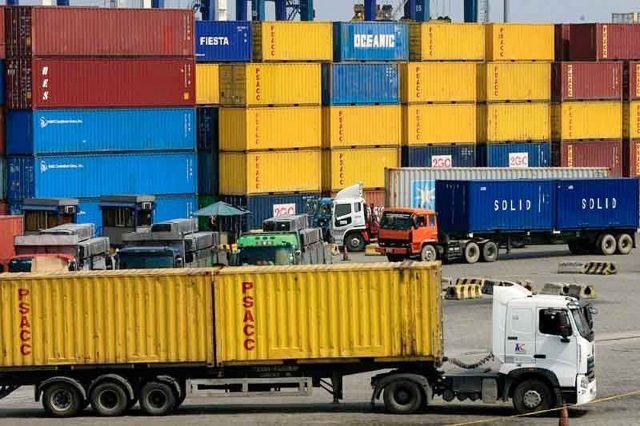At the onset of the pandemic in March 2020, the Philippine Economic Zone Authority (PEZA) issued PEZA Memorandum Circular 2020-011 (PEZA MC 2020-011), extending assistance to ecozone enterprises. The circular allowed registered business enterprises (RBEs) belonging to the Information Technology-Business Process Management (IT-BPM) sector to adopt pre-emptive measures to forestall or contain the adverse effects of the COVID-19 pandemic.
As a general rule, IT-BPM RBEs must exclusively operate within the PEZA IT building/center. Moreover, before they can farm out assets or equipment, prior approval from PEZA is required in the form of a Letter of Authority (LoA). However, PEZA MC 2020-011 dispensed with these requirements by allowing IT-BPM RBES to adopt full work-from-home (WFH) arrangements and to transfer IT equipment and assets outside the IT building/center without a need for a Letter of Authority before implementation, subject to notice requirements, submission of the certified list of employees under WFH and IT assets/equipment, and posting of a surety bond. This means they can conduct their business and transfer IT equipment/assets outside the IT building/center.
Initially, these measures could only be availed of until July 31, 2020. However, to further assist the RBEs while the pandemic dragged on, the extension of these rules became necessary. Hence, the WFH arrangement was extended until Sept. 12, 2021 under MC 2020-049. However, beginning Sept. 1, 2021, the requirements for the movement of assets outside the PEZA building/center reverted to the old pre-pandemic rules, subject to prior compliance with PEZA standard requirements such as prior farm-out permit and submission of accountable forms.
Before the lapse of the Sept. 12, 2021 extension period, the Corporate Recovery and Tax Incentives for Enterprises Act (CREATE) was passed, which placed the incentives promoting agencies such as PEZA under the supervision of the Fiscal Incentives Review Board (FIRB), as part of the latter’s expanded authority.
Thus, on Sept. 9, 2021, the FIRB issued Memorandum Circular 19-2021 (FIRB MC 19-2021) in exercise of its powers to issue temporary measures to support the recovery of RBEs in exceptional circumstances such as the current pandemic. Under the FIRB MC, RBEs in the IT-BPM sector can continue with the WFH arrangement until March 31, 2022, subject to the following conditions:
First, the percentage of employees working from home should not exceed 90% of the total workforce until Dec. 31, 2021, to be reduced to 75% beginning Jan. 1, 2022. If the State of Calamity is extended, the maximum percentage will be maintained at 90% until March 31, 2022.
It is worth noting that the 90% limit under the FIRB MC 19-2021 applies to the total workforce, in contrast to the previous MCs issued by PEZA, where the 90% threshold was applied to the total revenue derived from the registered project/activity for purposes of computing the incentives.
Under the old PEZA rule, IT-BPM RBEs are allowed a full WFH capacity. If the WFH workforce falls within the 90% threshold, they are fully entitled to incentives. Above this cutoff point, as in the case of a 100% WFH arrangement, the excess is be subject to regular taxes. However, under the new FIRB MC, failure to meet the 90% workforce threshold may result in the revocation of the incentives, and thus, may subject the entire income to regular taxes.
Second, a bond should be posted for all IT equipment/assets moved outside the IT building/center. The required bond is still 150% of the amount of taxes and duties (for imported equipment/asset) and Value-Added Tax (for locally purchased ones). The ratio of the laptop or other equipment to be transferred outside the IT building/center vis-a-vis the employees working from home should be 1:1.
Third, the export requirement, which is currently at least 70% of the total output under CREATE, must continue to be satisfied despite adopting the WFH scheme. Moreover, the number of employees should not be reduced regardless of whether the majority are WFH.
Fourth, the IT-BPM RBEs must submit reports on the number of employees under WFH and a list of equipment/assets brought out of the IT building/center following the prescribed deadlines.
As noted above, failure to comply with the conditions may result in the suspension, withdrawal, or cancellation of tax incentives of the Ecozone IT Enterprises. To monitor compliance, PEZA is directed to report to the FIRB any violation committed by an IT-BPM RBE within five days from its discovery, including the action taken by PEZA.
PEZA has written an appeal to the FIRB for reconsideration of some of the provisions of FIRB MC 19-2021, particularly the shift in the basis for the 90% threshold from total revenue to total workforce.
Under the total revenue formula implemented by PEZA, IT-BPM RBEs were allowed to operate on a full WFH scheme, in contrast to the current total workforce formula where they must maintain at least 10% of the workforce onsite. According to PEZA, 10% can translate into a significant number of people physically reporting for work, especially for enterprises with a significant headcount. This directive could also entail additional fit-out costs to re-configure the work areas in compliance with the minimum health and social distancing protocols. Ultimately, IT-BPM RBEs face a dilemma on whether to prioritize compliance with the 10% onsite workforce of FIRB MC 19-2021 or the safety of their employees against contracting the virus. Pending the resolution of the appeal submitted by PEZA on Sept. 23, 2021, the set of rules under FIRB MC 19-2021 are to remain in force.
As we continue to navigate precarious times brought about by the pandemic, regulators and investors both play vital and invaluable roles in our economic recovery. In such wise, we hope the issues surrounding the WFH rules are eventually addressed in a mutually acceptable and beneficial manner for all stakeholders.
The views or opinions expressed in this article are solely those of the author and do not necessarily represent those of Isla Lipana & Co. The content is for general information purposes only, and should not be used as a substitute for specific advice.
Aimee Rose Dg. Dela Cruz is a director with the Tax Services Group of Isla Lipana & Co., the Philippine member firm of the PwC network.
+63 (2) 8845-2728
aimee.rose.d.dela.cruz@pwc.com


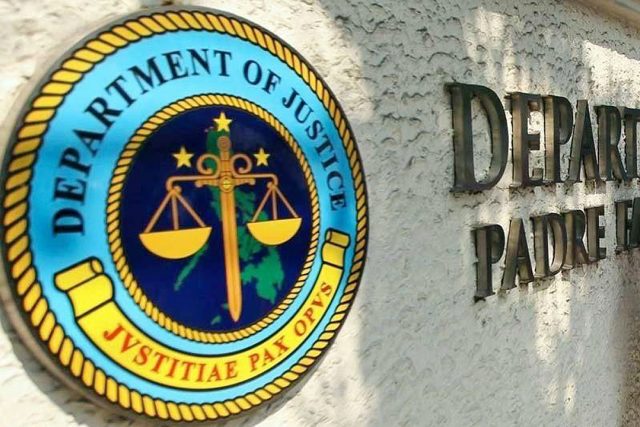
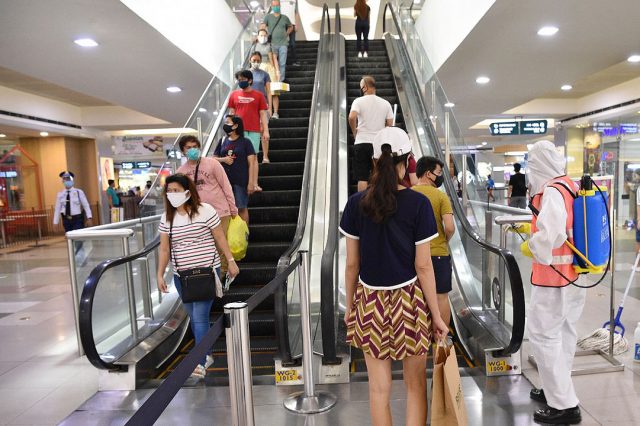
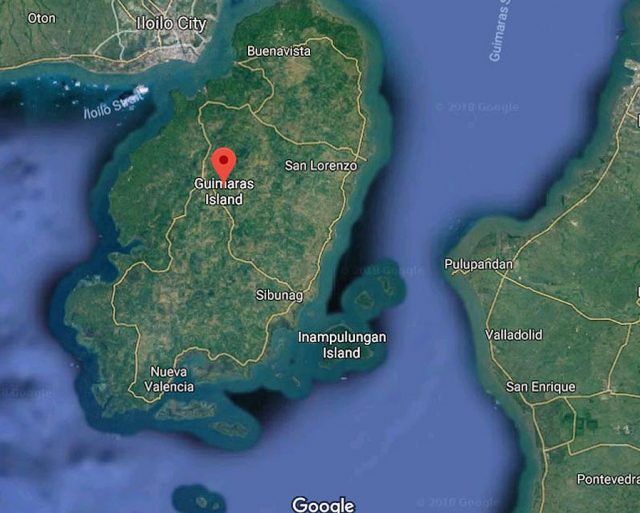
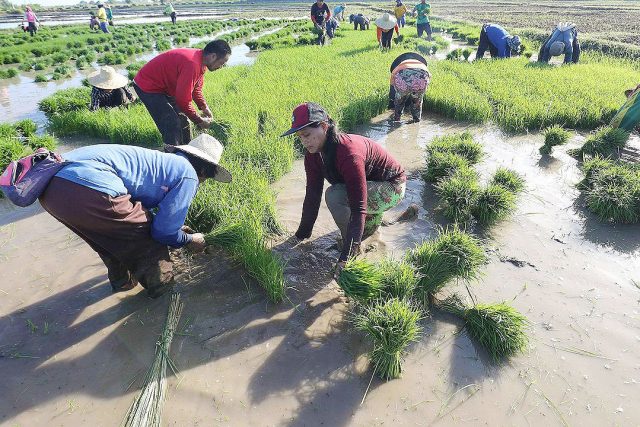
 According to its estimates, meat imports and domestic production in 2019 were equivalent to 1.75 times the volume required for the Philippines’ own nutrition model, which is known as Pinggang Pinoy (the Filipino plate).
According to its estimates, meat imports and domestic production in 2019 were equivalent to 1.75 times the volume required for the Philippines’ own nutrition model, which is known as Pinggang Pinoy (the Filipino plate).
